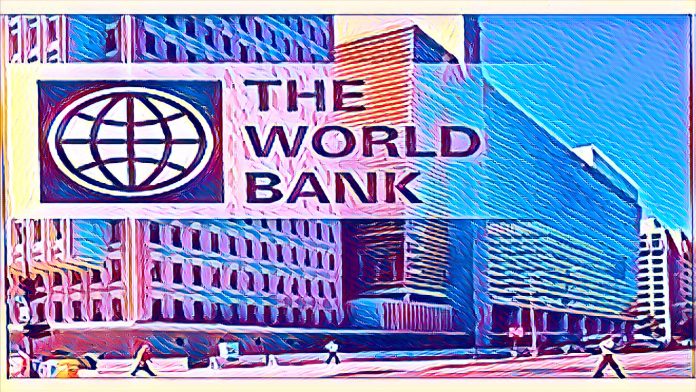The World Bank has taken decisive action against corruption by blacklisting 58 Nigerian companies and individuals implicated in fraudulent practices. This move underscores the global commitment to combatting corruption and promoting transparency in financial transactions.
The blacklisting follows investigations into allegations of fraud and corruption in projects funded by the World Bank across Nigeria. The entities involved are accused of engaging in corrupt practices, including bribery, bid-rigging, and embezzlement, which undermine the integrity of development efforts and harm the interests of the Nigerian people.
Among those blacklisted are companies and individuals from various sectors, including construction, energy, and healthcare. The World Bank’s decision to bar these entities from participating in its projects sends a strong message that corruption will not be tolerated and that accountability must be upheld at all levels.
Corruption remains a significant challenge in Nigeria, with widespread implications for economic development and social progress. The World Bank’s action reflects the importance of holding accountable those responsible for corrupt practices and ensuring that development funds are used effectively and transparently to benefit the Nigerian people.
While the blacklisting may have immediate repercussions for the entities involved, it also presents an opportunity for Nigeria to strengthen its anti-corruption efforts and improve governance standards. By implementing measures to prevent corruption and enhance transparency, Nigeria can rebuild trust with international partners and attract investment that drives sustainable development.
The World Bank’s decision to blacklist 58 Nigerian entities sends a clear signal that corruption has no place in development projects. It is a reminder that accountability and transparency are essential for fostering inclusive growth and advancing the well-being of all Nigerians.
Source: BusinessDay Nigeria



